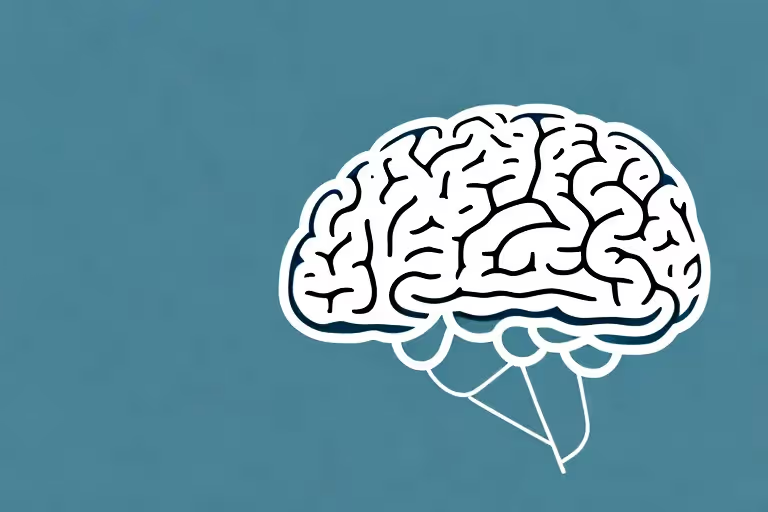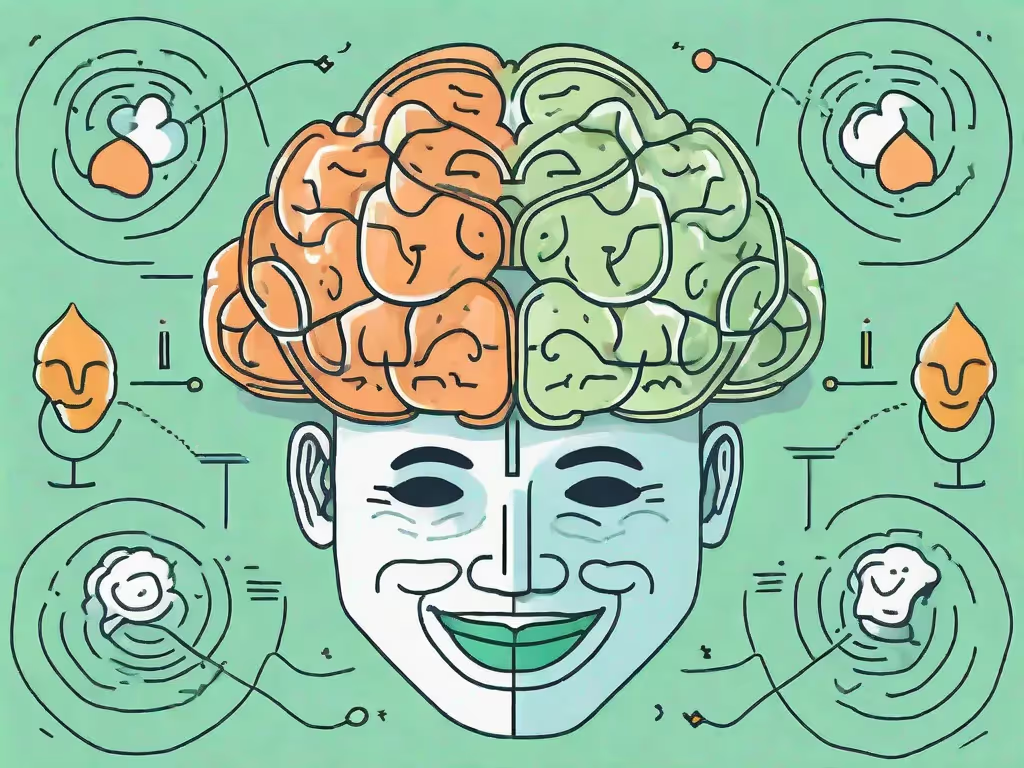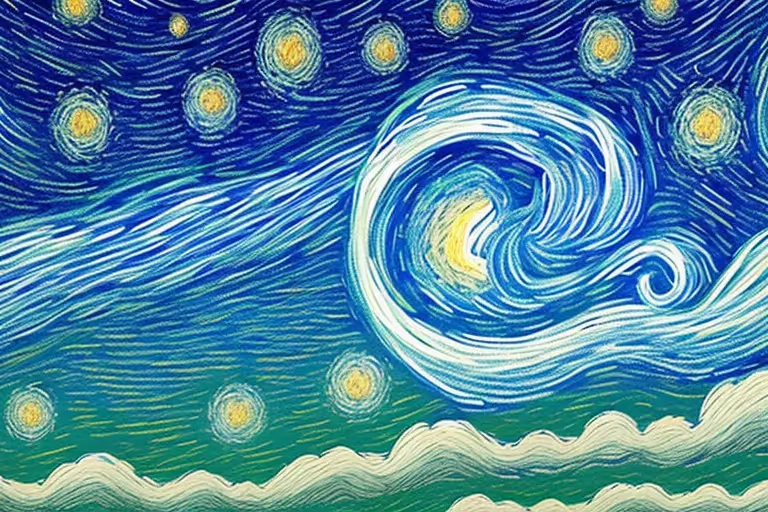Narcolepsy is a sleep disorder that affects millions of people worldwide. Despite its prevalence, many people are unfamiliar with this condition and its impact on daily life. In this article, we will delve into the realm of narcolepsy, exploring its causes, symptoms, and treatment options. By illuminating the mysteries surrounding this condition, we hope to bring about a greater understanding of narcolepsy and provide support to those affected by it.
What is Narcolepsy?
When we think of sleep disorders, we often conjure images of insomnia or sleep apnea. However, narcolepsy is a unique condition that presents its own set of challenges. Defined as a chronic neurological disorder, narcolepsy disrupts the normal sleep-wake cycle, causing excessive daytime sleepiness and erratic sleep patterns.
Narcolepsy is not simply feeling tired during the day; it is a complex disorder that can significantly impact a person's quality of life. Individuals with narcolepsy often experience sudden and uncontrollable episodes of sleep, known as "sleep attacks." These sleep attacks can occur at any time and in any situation, regardless of the person's level of wakefulness or activity.
Defining Narcolepsy
Narcolepsy is characterized by more than just excessive daytime sleepiness. It also presents other symptoms that can be equally disruptive to daily functioning. One such symptom is cataplexy, which is the sudden loss of muscle tone triggered by strong emotions. Cataplexy can range from mild muscle weakness to complete physical collapse, and it can be triggered by laughter, anger, or even surprise.
In addition to cataplexy, individuals with narcolepsy may experience sleep paralysis, a temporary inability to move or speak while falling asleep or waking up. This can be a frightening experience as the person is conscious but unable to control their body. Furthermore, narcolepsy can also involve hallucinations, where individuals may see or hear things that are not there, often during sleep transitions.
The exact cause of narcolepsy remains unknown, but researchers have identified several factors that may contribute to its development. One such factor is a deficiency in the neurotransmitter hypocretin, which plays a role in regulating wakefulness and sleep. It is believed that an autoimmune response or genetic factors may lead to the destruction of hypocretin-producing cells in the brain, resulting in narcolepsy.
Prevalence of Narcolepsy
While narcolepsy is relatively rare compared to other sleep disorders, it is estimated to affect around 1 in every 2,000 people. However, due to its diverse range of symptoms and varying severity, the condition often goes undiagnosed or misdiagnosed. Many individuals may attribute their excessive daytime sleepiness to lifestyle factors or simply dismiss it as a normal part of their lives.
It is essential to raise awareness about narcolepsy and its impact on individuals' lives. By understanding the symptoms and seeking appropriate medical attention, individuals with narcolepsy can receive the necessary support and treatment to manage their condition effectively. Education and research play crucial roles in advancing our knowledge of narcolepsy and improving the lives of those affected by this complex sleep disorder.
The Causes of Narcolepsy
Narcolepsy is a complex condition with multiple potential causes. While research is ongoing, scientists have identified several key factors that may contribute to its development.
Genetic Factors
Studies have shown that narcolepsy has a genetic component, meaning it can be passed down through families. Certain genetic markers have been linked to an increased risk of developing the disorder, although having these markers does not guarantee that a person will develop narcolepsy.
Environmental Triggers
Environmental factors, such as infections or hormonal changes, may also play a role in the development of narcolepsy. Researchers believe that certain infections, particularly those caused by streptococcal bacteria, can trigger an autoimmune response that targets specific brain cells responsible for regulating sleep-wake cycles.
Brain Abnormalities
Structural and chemical abnormalities in the brain have also been associated with narcolepsy. Specifically, a decrease in the production of a neurotransmitter called hypocretin, which regulates wakefulness, has been observed in individuals with narcolepsy. This deficiency is thought to disrupt the normal sleep-wake cycle, leading to the characteristic symptoms of narcolepsy.
Recognizing the Symptoms of Narcolepsy
The symptoms of narcolepsy can vary from person to person, both in terms of severity and frequency. However, there are several common symptoms that are often indicative of the condition.
Excessive Daytime Sleepiness
Perhaps the most prominent and debilitating symptom of narcolepsy is excessive daytime sleepiness (EDS). People with narcolepsy often experience overwhelming and persistent drowsiness, regardless of the amount of sleep they get at night. This can make it challenging to stay awake and alert during everyday activities, causing significant disruptions to work, school, and social life.
Cataplexy
Another hallmark symptom of narcolepsy is cataplexy, which is characterized by sudden muscle weakness or loss of muscle tone triggered by strong emotions such as laughter, anger, or surprise. These episodes can range from mild (slight facial drooping) to severe (complete body collapse) and can last anywhere from a few seconds to several minutes.
Sleep Paralysis and Hallucinations
Narcolepsy can also give rise to sleep paralysis and hallucinations. Sleep paralysis occurs when a person is unable to move or speak for a short period upon waking or falling asleep, often accompanied by vivid and sometimes disturbing hallucinations. These experiences can be incredibly distressing, amplifying the impact that narcolepsy has on daily life.
Diagnosing Narcolepsy
Diagnosing narcolepsy can be challenging, as its symptoms can often overlap with other sleep disorders. However, several diagnostic tests can help determine whether a person has narcolepsy.
Medical History and Physical Examination
During the initial evaluation, a doctor will conduct a thorough medical history review and physical examination. This will help rule out other potential causes of the symptoms and identify any relevant risk factors or underlying conditions that may contribute.
Sleep Studies
Sleep studies, including polysomnography and multiple sleep latency tests, are critical in the diagnosis of narcolepsy. These tests monitor various physiological parameters such as brain waves, eye movements, and muscle activity during sleep and wakefulness to assess the quality and timing of sleep.
Other Diagnostic Tests
In some cases, additional diagnostic tests, such as genetic testing or cerebrospinal fluid analysis, may be conducted to further confirm the presence of narcolepsy or identify specific markers associated with the disorder.
Treating Narcolepsy
While there is no cure for narcolepsy, several treatment options can help manage its symptoms and improve the quality of life for those affected.
Lifestyle Modifications
Implementing healthy sleep habits, maintaining a regular sleep schedule, and avoiding triggers such as alcohol and caffeine can help alleviate symptoms and promote better sleep.
Medication
Medications such as stimulants, antidepressants, and sodium oxybate may be prescribed to help control excessive daytime sleepiness, cataplexy, and other symptoms associated with narcolepsy.
Supportive Therapies
Therapies such as cognitive-behavioral therapy (CBT) and counseling can provide emotional support, education, and coping strategies to help individuals manage the challenges of living with narcolepsy.
In conclusion, narcolepsy is a complex sleep disorder that can have a profound impact on a person's life. By understanding its causes, recognizing its symptoms, and exploring available treatments, we can empower those with narcolepsy to navigate their sleep journey with resilience and hope. If you or someone you know is living with narcolepsy, remember that there is support available that can help improve the quality of life. The Aura Health App, for instance, offers a range of resources and tools to aid in sleep management and overall well-being. Embrace the possibilities and take a step towards a brighter future.
Aura is Your All In One App for Meditation, Mindfulness Wellbeing
Find peace every day with one app for your whole well-being. There is no one-size-fits-all solution to mental well-being. Aura is the first all-in-one wellness app that learns how to best help you. Discover an endless library of expert-created tracks for your well-being, all taught by the world’s best coaches, therapists, and storytellers. With Aura's personalized recommendations, you can find peace every morning, day and night.



.webp)






.avif)

%20(1).avif)


.avif)
.avif)
.webp)


.avif)


















































































































.avif)

















.svg)









